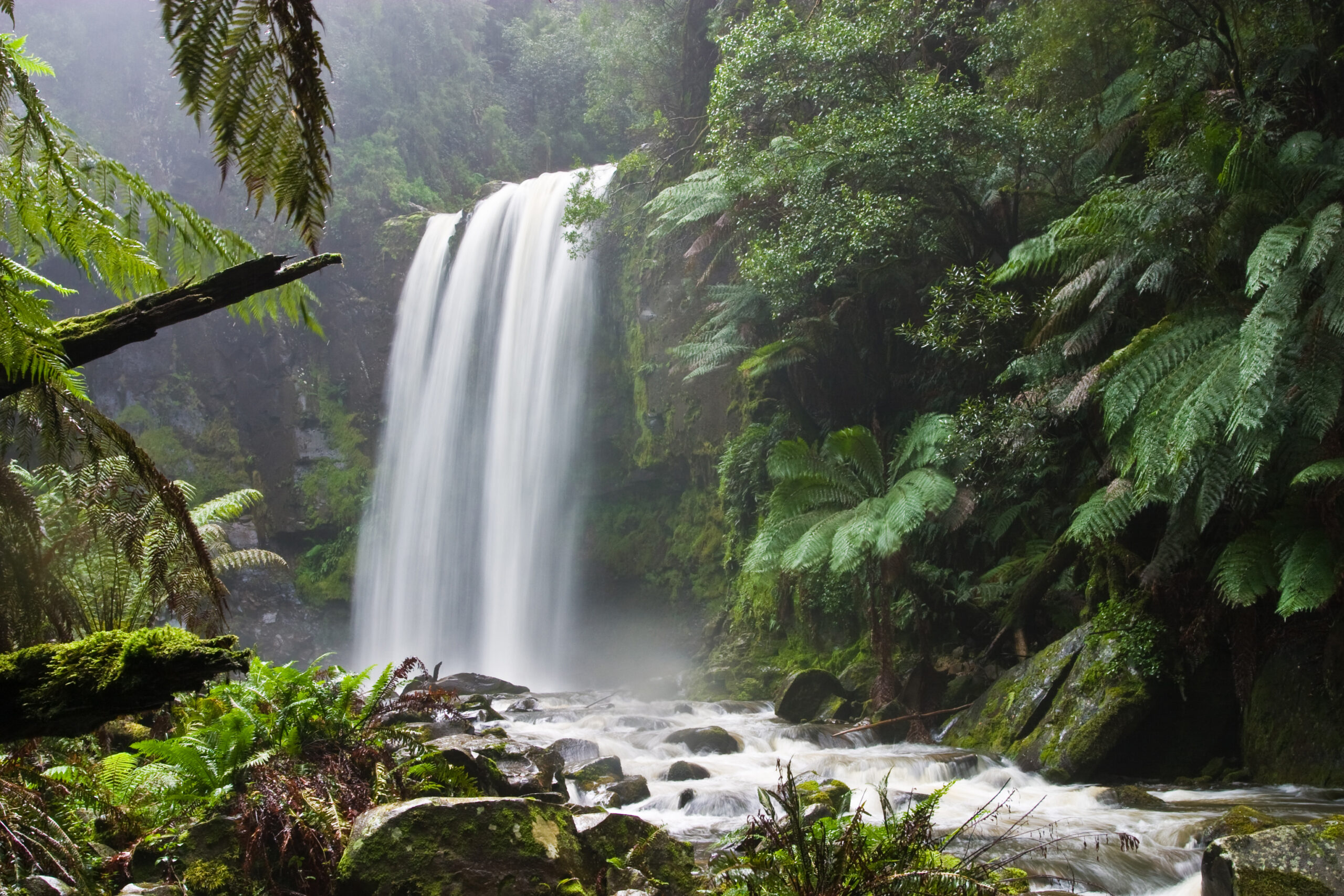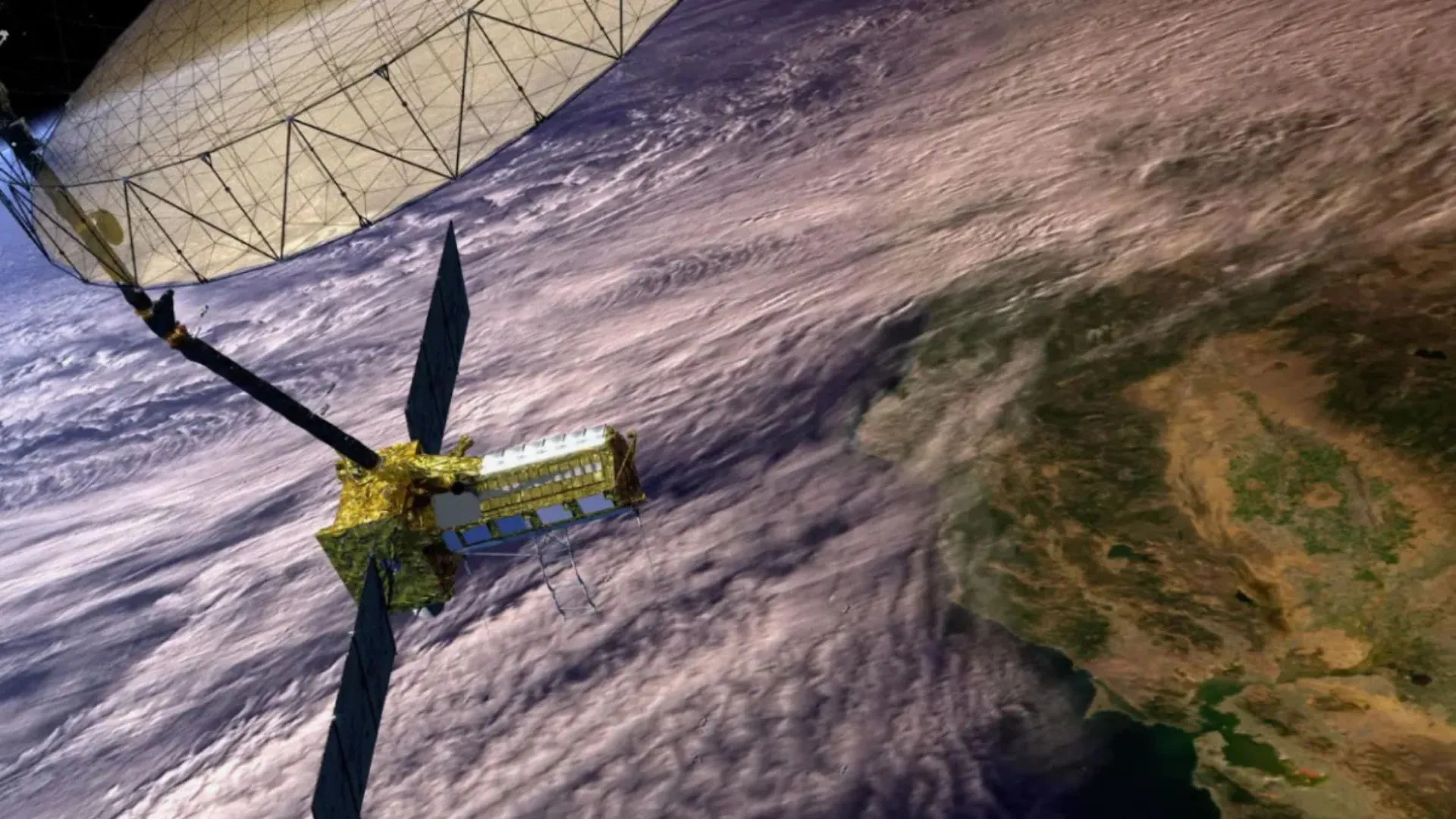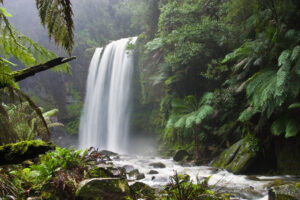The natural environment or natural world encompasses all living and non-living things occurring naturally, meaning in this case not artificial. The term is most often applied to the Earth or some parts of Earth. This environment encompasses the interaction of all living species, climate, weather and natural resources that affect human survival and economic activity. The environment around us is full of amazing features and facts you might not know. One of the best ways to appreciate the earth around us is to learn more about how we interact with nature. Here are some cool environmental facts you might not know:
Around 27,000 trees are cut down everyday
The world has over 3.04 trillion trees in the world. However, 27,000 of them are cut down daily to make toilet paper. This translates to about 9.8 million trees annually. One single recycled edition of the New York Times newspaper could save 75,000 tree.
Humans use only 1% of all available water
About 71% of the earth is water. The oceans hold approximately 96.5% of this water and the ice caps hold about 2%. The remaining water exists in rivers, ponds, glaciers, ice caps, lakes, as water vapor and our taps, among other water bodies. Only 1% of the earth’s water is safe for human consumption.
A glass bottle can take up to 1 million years to decompose
Glass takes a very, very long time to break down. It can take a glass bottle more than a million years to decompose in the environment, possibly even more if it’s in a landfill. This means that glass manufactured and used 5000 years ago may still be present in the environment. Because its life cycle is so long, and because glass doesn’t leach any chemicals, it’s better to repurpose and reuse it over and over again before recycling it.
78% of marine mammals at risk of choking on plastic
Seventy-eight percent of marine mammals are at risk of accidental deaths, such as getting caught in fishing nets. Plastic bags and other plastic garbage that ends up in the ocean kill over 1,000,000 sea animals every year.
world’s oldest trees
The Great Basin Bristlecone Pine (Pinus Longaeva) has been deemed the oldest tree in existence, reaching an age of over 5,000 years old. The Bristlecone pines’ success in living a long life can be attributed to the harsh conditions it lives in. Very cold temperatures associated with high winds, in addition to a slow growth rate, create dense wood, meaning some years they grow so slowly, they don’t add a ring of growth.














